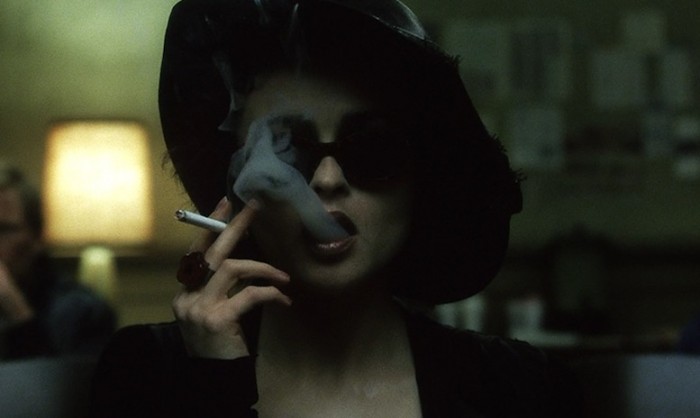
We all need something to hold onto.
I’ve said it before, and I’ll say it again: life is tough.
We are all going to face profoundly difficult situations in life that will call upon the deepest parts of ourselves—and when that storm comes, we’d better have our umbrellas and raincoats handy.
The mind holds onto ideas to help cope with this pain and hardship. Maybe it also holds onto status, the concept of being a prestigious and important person. Or, it could hold onto another person—a lofty and detached notion of love toward someone in our lives. Maybe it holds onto the prospect of fame, the idea of being idolized and adored. When the ego holds onto ideas, it is attempting to suspend the suffering of life as long as it possibly can.
In my experience, hope is one of the most toxic ideas the mind could cling to, and I’ll tell you why.
Now, the word “hope” can mean many different things to many different people. There is both a light side and a dark side to hope, and there’s a fine line between the two. I’ve been living with a severe chronic illness for nearly six years, and having a sense of hope has been vitally important in keeping my spirits high and maintaining the will to survive through my struggles. However, there comes a point when we can grasp onto ideas so tightly that our hope for the future can become toxic.
For me, this came when I placed more importance on the ideal of the future than in my present moment experience. I was so desperate for recovery and so fed up with my illness, that hope became an unhealthy habit. It was taking my consciousness out of the present moment and forcing me to live in an abstraction of the future in order to avoid the pain of the “now.”
What I’ve learned is that it’s almost always better to experience what is happening in the present without running away from our deepest feelings, no matter how painful and scary they might be. There’s a time and a place to be hopeful for the future, but we can only start to actualize that future by feeling what we need to feel in the present. I would rather know the truth of who I am right now, than endlessly strive for something that I’m not.
Hope can become toxic when we lose our sense of our immediate experience—poisoning the very fabric of our souls and creating deep bitterness and resentment when our hopes are not fulfilled. Now that I am aware of this, I am very mindful of when I start to have expectations and attachments in my thought process, and I pay close attention to the disappointment and anger that comes up when these expectations and attachments do not fit in with the reality of my own experience in the here and now.
It is very human to attach ourselves to ideas, because life can be incredibly harsh. It is natural and healthy to be hopeful, but only when that hope is grounded in how we are and what we are right now. Otherwise, hope becomes toxic, and it works against us.
There’s this quote from “Fight Club” that I love so much:
“Losing all hope is freedom. It’s only after we’ve lost everything that we are free to do anything.”
That’s a banger.
So, let’s look at hope as a kind of tool. It can be of great use to us, or it can act as a tremendous burden on our soul, all depending on how we use it. Only be hopeful about real things—tangible possibilities and actualities—rather than being attached to unrealistic expectations and false hopes.
We can tell the difference by how it makes us feel and what we can do to manifest those hopes and dreams in our day-to-day lives. If it feels like a strain, and we are seeing no progress, let it go. When it uplifts our spirits and improves the quality of our consciousness across time, then it’s probably a keeper.
We all need something to hold onto, but let’s make sure what we are holding onto is not doing us any harm.
https://www.youtube.com/watch?v=IGUYQ_scTzc&t=80s
~
Relephant:
Why We should Abandon all Hope (& What We should do Instead).
~
Relephant video: “5 Mindful Things to Do Each Morning.”
~
Author: Samuel Kronen
Image: film still
Editor: Yoli Ramazzina
Copy Editor: Travis May











Read 0 comments and reply